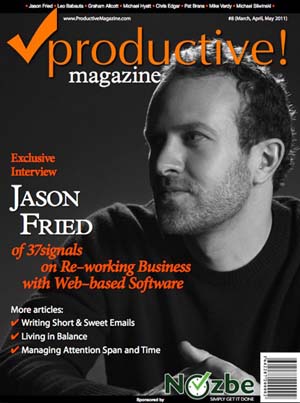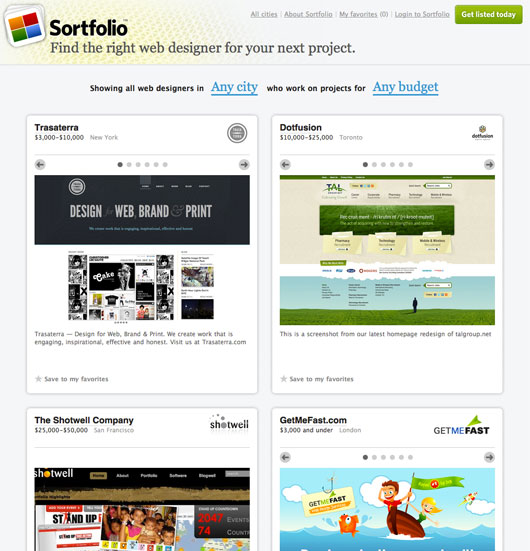In October of 2007, social news site Newsvine was acquired by msnbc.com. It was msnbc.com’s first acquisition in its history.
Newsvine announced the acquisition and answered this question: “Why would a young, efficient independent news startup become part of a large organization?”
It’s all about growing the community and spreading the idea of participatory news as far and wide as possible. Although going from zero to over a million users a month in less than two years is heartening, msnbc.com operates on another scale entirely. While Newsvine may be well known in early adopter circles, we want every college student, every farmer, every weekend journalist, and every household to have their own branch on the ‘Vine. In order to spread this idea further, we could have gone out and raised a lot of money, quadrupled our staff, and gone it alone, but when one of the finest news organizations in the world is headquartered right across Lake Washington, the potential of partnering with such a great team is dramatic.
Meanwhile, Charlie Tillinghast, president of MSNBC Interactive News, offered this take on the deal:
Tillinghast said msnbc.com was racing to foster a community among its readers and to exploit the power of unmoderated user commentary and ranking of the news. Ideally, he said in an interview, the site would design and build its own tools, but Newsvine, a small, lean company headquartered in downtown Seattle a few minutes from msnbc.com’s newsroom, “is just a great fit.”
“Newsvine is local, small, nimble — they don’t come with a lot of things you don’t want,” he said, such as complicated partnerships and contracts. “There isn’t a lot to rearrange.”
So what’s happened since then? Newsvine CEO Mike Davidson (shown below) is still with msnbc.com today. Here’s what he had to say about what’s happened post-acquisition:
Do you still work with the product?
Most of the Newsvine team (including myself) is still here. In addition to maintaining Newsvine.com, our team’s technology runs all MSNBC, TodayShow, and other brand family blogs (about 25 of them and counting) as well as many of the interactive features within the company’s core sites (global registration, live votes, inline comment threads, Facebook/Twitter integration, etc.).
 Because our team does not have end-to-end creative control over these other projects, they are generally less satisfying than working on our own product. But at the same time, they are more satisfying from a financial standpoint. A 10% increase in Newsvine’s traffic doesn’t move the needle much for the company’s bottom line, but a 5% increase in overall msnbc.com traffic means millions of dollars, and since we’re a private company with profit sharing, that’s real money for all ~275 employees every year.
Because our team does not have end-to-end creative control over these other projects, they are generally less satisfying than working on our own product. But at the same time, they are more satisfying from a financial standpoint. A 10% increase in Newsvine’s traffic doesn’t move the needle much for the company’s bottom line, but a 5% increase in overall msnbc.com traffic means millions of dollars, and since we’re a private company with profit sharing, that’s real money for all ~275 employees every year.
What impact did the sale have on customers?
When we were acquired, the growth wave that ensued — about 450% over the next few years — brought criticisms. Not only had the user base become much bigger, we were now associated with a mainstream media company; a development that some users appreciated and others felt uncomfortable with.
On the bright side, we’ve been able to get some of our best users on TV and send them to political events like the RNC and DNC, but on the down side, some users wrote on Newsvine specifically because they didn’t see eye-to-eye with mainstream media.
How is Newsvine doing now?
Traffic-wise, the product is about 400% more popular than it was, but feature-wise, it unfortunately hasn’t changed much in the last few years. A lot of this is due to the fact that our team has remained small (8 people now) and we’ve been working on many other projects within msnbc.com alongside our Newsvine duties. Currently, over 25 million uniques a month are hosted on Newsvine technology via the various projects we power around the company, and we’d like to think we’re a contributor to the extremely profitable business our parent operates.
As for things we wish went differently, it’s tough to say because we were acquired literally the week the market peaked in 2007, and things went downhill for the economy directly after that. Because of the downturn, many media companies (including msnbc.com) cut back their budgets and dug in a bit for a long winter. We stayed at 6 people for a very long time, and as our responsibilities expanded outside of the Newsvine brand, our attention to Newsvine.com itself diminished. Thankfully the nature of the site has always been for users to essentially run it, so this worked out ok, but it’s definitely the reason you don’t read as much about Newsvine in the tech press as you did a few years ago. When you don’t reinvent yourself every year or two, there just isn’t much of a tech story to tell.
Continued…



 Because our team does not have end-to-end creative control over these other projects, they are generally less satisfying than working on our own product. But at the same time, they are more satisfying from a financial standpoint.
Because our team does not have end-to-end creative control over these other projects, they are generally less satisfying than working on our own product. But at the same time, they are more satisfying from a financial standpoint. 
